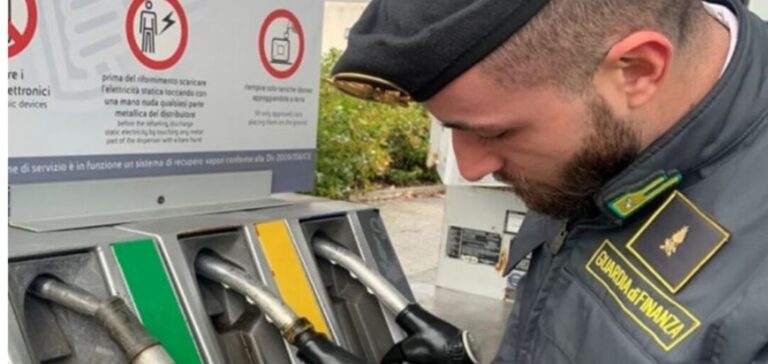Italy’s competition watchdog opened investigations against seven energy groups on Wednesday. Companies targeted include Eni, Esso and IP. The authorities suspect that these suppliers have colluded on fuel prices.
Investigation into Italy’s fuel price cartel and sudden price hikes
These oil operators, which also include Iplom, Q8, Tamoil and Saras, “would have consulted each other in order to determine the value of the bio component necessary to comply with the obligations of the law”, according to the authority, which says it was informed by a “whistleblower”.
Italian law stipulates that at least 10% of fuels must be biofuels. Yet their value “has risen from 20 euros per cubic meter in 2019 to around 60 euros today and has an impact of around 2 billion euros on prices at the pump”, notes the Italian antitrust authority in a statement.
Italy’s competition authority is contesting the fact that several energy companies have simultaneously coordinated price increases. We suspect that the companies concerned decided on these price increases following direct or indirect exchanges of information.
The authority refers to articles in Staffetta Quotidiana, a newspaper specializing in the energy sector, which may have contributed to the cartel. On Wednesday, antitrust and financial police raided the premises of the seven energy suppliers and the newspaper to further investigate the suspected cartel. In addition, other offices belonging to individuals holding items useful to the investigation were also searched by the antitrust and financial police.






















